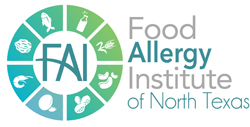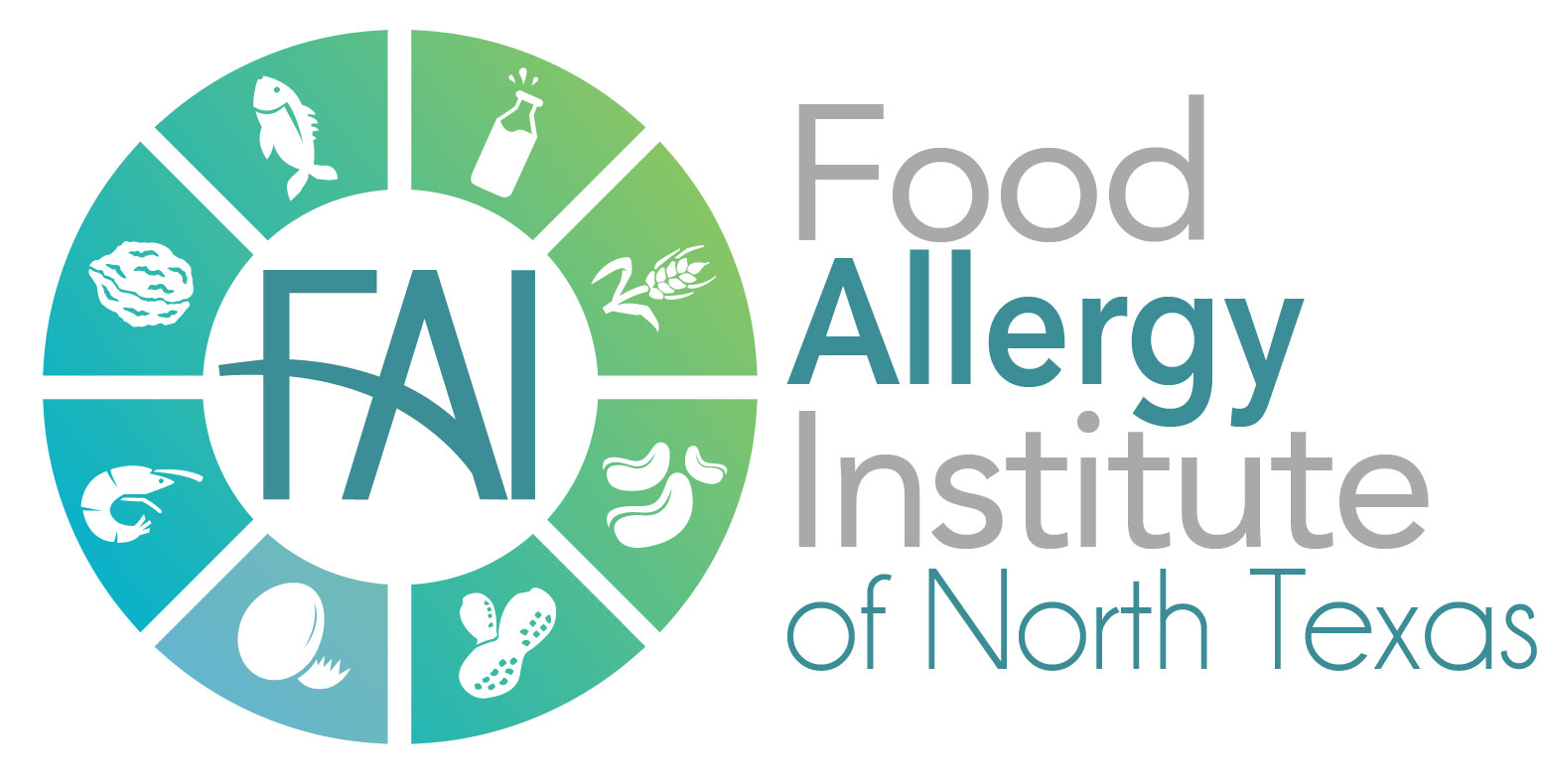11 Feb Caring for Children who have Food Allergies and Special Needs
Caring for a child with both food allergies and special needs can be a daunting task. While safety is a major concern, ensuring your child meets their unique nutritional needs can be challenging.
Whether your child is affected by: sensory processing delays, attention issues, or autism, it is critical to build a strong team around you to create a plan. This may include: occupational therapists, physical therapists, pediatricians, allergists, dietitians, and many others.
Studies have shown that over half of children with special needs, also have issues that affect eating behaviors. In autism spectrum disorders, it is estimated that 46-89% of individuals have problem-eating behaviors that can range from the need for specific routines at the table to major issues with textures and feeding.
The following nutritional suggestions are based off of Registered Dietitian, Elizabeth Strickland’s advice. Elizabeth is the author of the book: Eating for Autism: The 10-Step Nutrition Plan to Help Treat Your Child’s Autism, Aspergers, or ADHD.
1.Decrease food additives and artificial flavorings/sweeteners in the diet
This population often consumes highly refined foods. Since these products are high in additives that could be associated with aggravating behavioral symptoms, it is important to reduce as much as possible. Flavorings such as: high fructose corn syrup and monosodium glutamate should also be reduced. Increasing consumption of natural, whole foods is encouraged.
2.Reduce consumption of food dyes and artificial colors
These additives have been linked to: hyperactivity, breathing disorders, skin eruptions, and gastrointestinal symptoms. Artificial food colors will be listed on food labels by their FD&C numbers in the U.S.
3.Reduce Benzoates
Some foods contain natural benzoates. For example, cinnamon, tea, and berries have high levels. In other cases, benzoates are added as a preservative. It is important to be aware of both sources in order to avoid benzoates of all types. Benzoates can be found in many forms, such as: benzoic acid, potassium benzoate, and hydroxy benzoate.
4. Include Supplements
A good multivitamin/mineral supplement without artificial colors or flavors can help offset limited dietary preferences and poor nutritional intake. Eliminating foods due to food allergies could warrant the need for specific supplements. Seek advice from your allergist or a dietitian for more information
5. Omega-3 fatty acids
While Omega-6 fats are prevalent in most diets, it is a good idea to increase omega-3 fats to create a balance. While these fats are high in fatty fish, it is unlikely this population will consume those foods. It may therefore warrant supplementation. In pediatric populations 1.5 grams/day is appropriate.
6. Vitamin D
It is not unusual to have low levels of this nutrient especially for allergic individuals and those who do not get adequate amounts of sunlight. In supplement form, the Recommended Dietary Allowance (RDA) is 600 IU/day. Maintaining adequate vitamin D in the diet is crucial for healthy immune function.
7. Probiotics, Antifungals, and Digestive Enzymes
May be appropriate for this population to deal with: abdominal pain, bloating, gas, constipation, gastro-esophageal reflux disease, nausea, vomiting, and diarrhea.
Ensuring that nutritional needs are met when dealing with food allergies and special needs, is crucial for optimal functioning. If nutrition and eating behaviors are a major concern, build a strong professional support team for assistance.


